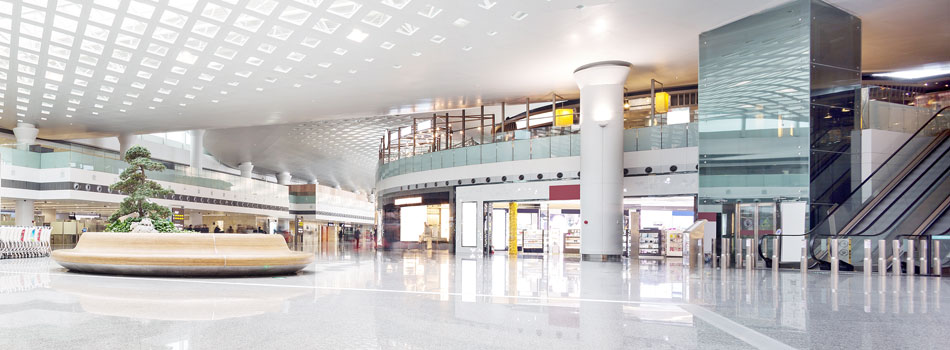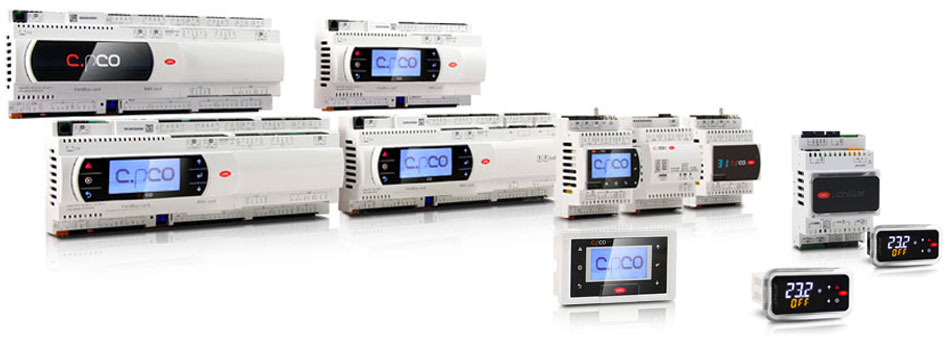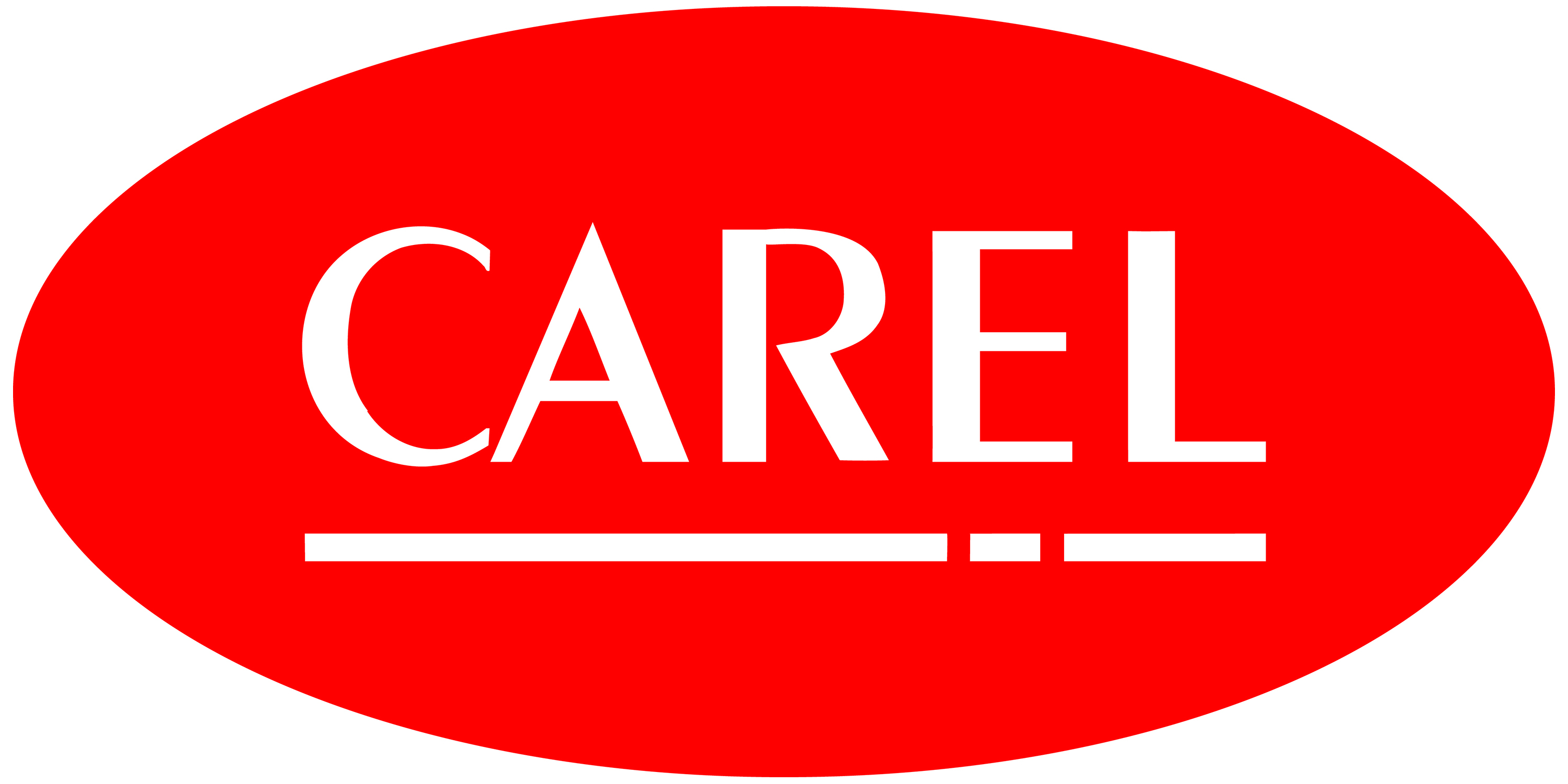Commercial Heat Pumps efficient management
Never before has the commercial HVAC sector in Europe experienced a period of strong changes, challenges and opportunities linked to a variety of factors such as the decarbonisation process in favour of electrification, natural refrigerants requiring specialised designs and technologies, and the demand for greater efficiency.

More specifically, the focus on energy consumption and the drive towards greater efficiency and less pollution has never been stronger.
Today and in the future, urban development in our cities must ensure sustainability, including energy generation and optimisation in order to implement the decarbonisation process of urban buildings. The implementation of highly efficient heating systems is key to achieving the European Union's (EU) 2050 targets in terms of energy efficiency and greenhouse gas (GHG) emissions.
In many respects, electric heat pumps are the best solution to support the decarbonisation of heating through the replacement of fossil fuel boilers and at the same time to reduce energy consumption in buildings.
Decarbonisation has gained further momentum over the past year following the worsening conflict in Ukraine with the European Community's presentation of the RepowerEU plan. In the European Union, the focus was on energy and the necessity to provide a steady, low-cost supply for businesses and citizens. The aim is to make the European Union independent of Russian fuels, encouraging the use of renewable energy sources by supporting the transition to clean and sustainable energy.

Another very important factor in the introduction of heat pumps in the commercial sector, will also be the use of low-GWP refrigerants.
In connection with the urgency of tackling climate change, the EU has introduced directives and guidelines, including the F-gas regulation, with the aim of minimising the climate impact of the equipment and refrigerant gases used, in order to reduce the carbon input from heating and air conditioning systems in European buildings.
For this reason, and mainly in the HP market, R290 in particular (propane) and in some cases CO2 are starting to become the mainstream choices, for what will be the machines in the short and long term.

Last, but not least, the opportunity to optimise plant operation in real time thanks to digital systems connected to the machine.
Offering a highly efficient machine with a low environmental impact through the use of low-GWP refrigerants is, however, merely the first step.
Once installed in the field, a key role in ensuring that the control and optimisation of energy consumption remains sustainable over time, is played by the digital systems used to support both occupants and maintenance staff in the optimal management of buildings; then processing the necessary data so that it is promptly available and easy to use, to identify possible problems or dips in performance and then quickly restoring optimal working conditions.
With extensive experience in using natural refrigerants and proposing energy-saving solutions, CAREL is poised to meet the challenges and opportunities in the commercial air-conditioning sector, offering solutions for the complete management of high-efficiency HP units thanks to the integrated management of devices such as electronic valves and brushless DC compressors. This ensures greater protection and reliability of the compressor, while also ensuring high machine efficiency.
Another distinctive feature of CAREL's solutions, is its wireless connectivity to interact with mobile devices via the CAREL "APPLICA" App, simplifying parameter configuration and commissioning of the unit in the field.
Finally, boss family monitoring and remote monitoring systems based on the tERA cloud infrastructure allow the installer/maintenance technician to manage the start-up of the unit and its maintenance in a guided, quick and simple manner.

